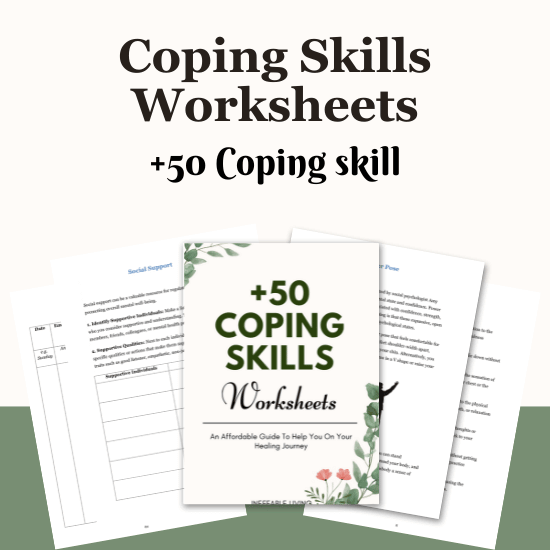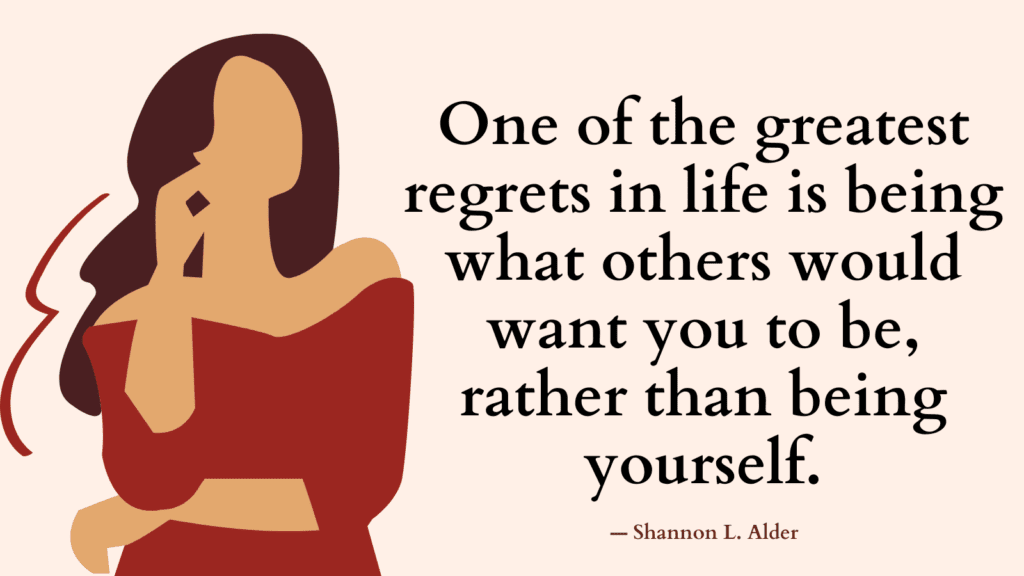Taking care of your mental health is a continuous journey that requires regular attention and practice.
This 21-Day Mental Health Challenge is designed to help you build positive habits, increase self-awareness, and foster resilience.
Each day presents a simple, actionable task that will support your mental well-being.
By the end of the challenge, you’ll have developed a toolkit of strategies to maintain and enhance your mental health.
Why Try a Mental Health Challenge?
It Creates Gentle Structure
Committing to one small action a day removes decision fatigue and builds emotional rhythm.
It Builds Self-Trust
When you show up for yourself consistently, even in tiny ways, you start believing: I’m someone who takes care of myself.
It Interrupts Negative Patterns
A new habit can replace an old one. These small steps disrupt cycles of avoidance, overthinking, or emotional shutdown.
21-Day Mental Health Challenge
Day 1: Start a Gratitude Journal
Write down three things you are grateful for today.
Fostering gratitude can shift your focus to the positive aspects of your life, boosting mood and overall happiness.
Day 2: Practice Deep Breathing
Spend 5 minutes practicing deep breathing exercises, focusing on slow, deep breaths.
Deep breathing reduces stress and promotes relaxation.
Day 3: Take a Walk in Nature
Spend 15-30 minutes walking outdoors, paying attention to your surroundings.
Being in nature can reduce stress, enhance mood, and improve cognitive function.
Related: Best 99 Coping Skills (+FREE Coping Worksheets)
Day 4: Disconnect from Screens
Spend at least one hour today away from screens—no phone, computer, or TV.
Reducing screen time can decrease anxiety, improve focus, and promote better sleep.
Day 5: Practice Mindfulness
Engage in a 10-minute mindfulness meditation or simply focus on being present in the moment during a daily activity.
Mindfulness helps you stay grounded, reduces stress, and improves emotional regulation.
Day 6: Connect with a Friend
Reach out to a friend or loved one for a chat, either in person or virtually.
Social connections provide emotional support and reduce feelings of loneliness.
Day 7: Reflect on the Week
Spend 10-15 minutes journaling about how the week’s activities made you feel.
Reflection helps reinforce positive habits and increases self-awareness.
Related: Top 23 Journal Prompts For Self Growth
Day 8: Practice Positive Affirmations
Write down and repeat three positive affirmations that resonate with you.
Positive affirmations can combat negative self-talk and boost confidence.
Day 9: Engage in a Creative Activity
Spend time on a creative activity you enjoy, such as drawing, writing, or playing music.
Creative expression can reduce stress, increase happiness, and provide a sense of accomplishment.
Day 10: Set a Realistic Goal
Identify one small, achievable goal to accomplish today.
Setting and achieving goals boosts motivation and self-esteem.
Day 11: Practice Self-Compassion
Write a letter to yourself expressing kindness and understanding, as you would to a friend.
Self-compassion helps reduce negative self-criticism and promotes emotional resilience.
Related: Top 4 DBT Skills to Go from Crisis to Calm
Day 12: Try a New Relaxation Technique
Explore a new relaxation technique, such as progressive muscle relaxation or guided imagery.
Learning new ways to relax can help you manage stress more effectively.
Day 13: Declutter Your Space
Spend 15-30 minutes decluttering a small area of your home or workspace.
A clean, organized space can reduce stress and improve focus.
Day 14: Reflect on the Week
Journal about the progress you’ve made and any challenges you’ve encountered.
Reflection helps solidify positive changes and identify areas for further growth.
Related: 2-Minute Technique to Help You Manage Feelings Of Overwhelm
Day 15: Focus on Nutrition
Make a conscious effort to eat nutritious meals today, including plenty of fruits, vegetables, and whole grains.
Good nutrition supports brain health and stabilizes mood.
Day 16: Practice Active Listening
Engage in a conversation today where you focus entirely on listening to the other person without interrupting.
Active listening strengthens relationships and promotes empathy.
Day 17: Get Moving
Participate in a physical activity you enjoy, whether it’s yoga, jogging, or dancing.
Regular exercise boosts endorphins, reducing stress and improving mood.
Related: Half-Smiling Technique to Reduce Emotional Distress
Day 18: Engage in Random Acts of Kindness
Perform a small act of kindness for someone else, such as offering a compliment or helping with a task.
Acts of kindness can increase your happiness and strengthen social connections.
Day 19: Practice Gratitude (Again)
Revisit your gratitude journal and add three new things you are grateful for.
Reinforcing gratitude can help maintain a positive outlook on life.
Day 20: Unplug and Unwind
Spend the evening unplugged from electronic devices and engage in relaxing activities, such as reading or taking a bath.
Unwinding without screens can improve sleep quality and reduce stress.
Day 21: Reflect on Your Journey
Spend time reflecting on the past three weeks, journaling about the changes you’ve noticed in your mental health and well-being.
Reflection helps you recognize your progress and set intentions for maintaining these positive habits moving forward.
Related: How To Feel Your Feelings? Top 9 Difficult Emotions To Cope With In Healthy Ways

Conclusion
Congratulations on completing the 21-Day Mental Health Challenge!
This journey has equipped you with a variety of tools and practices to enhance your mental well-being.
The key to lasting change is consistency, so continue to incorporate these activities into your daily life.
Remember, mental health is an ongoing process, and taking time each day to care for your mind is one of the most important investments you can make in yourself.



